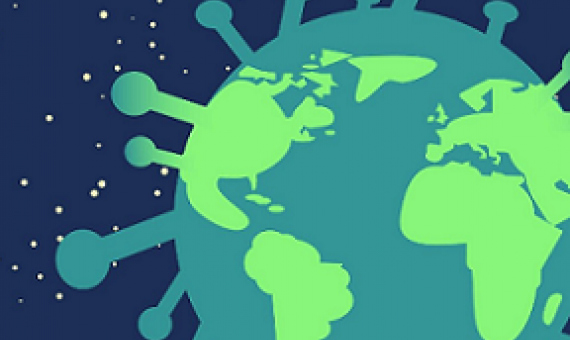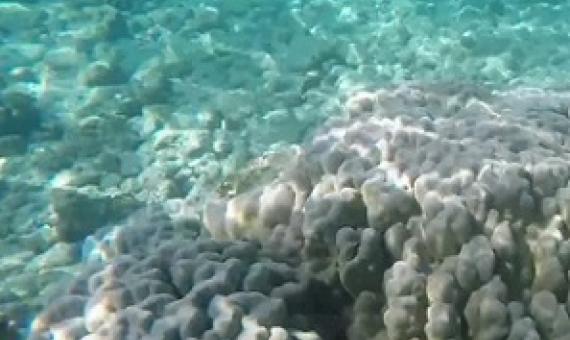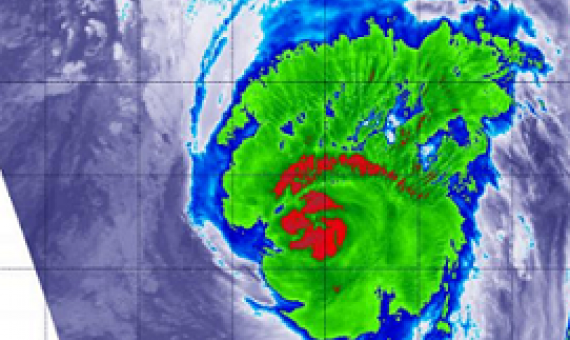A team of conservationists who were trying to save endangered seabirds from giant mice on one of the world's most remote islands have been rescued by the UK military after becoming stranded due to the coronavirus pandemic. A group of 12 researchers from the UK arrived on Gough
Government plans to stimulate economic recovery from the covid-19 pandemic should support growth and employment in the sustainable ocean economy...Investments in sustainable aquaculture, offshore renewables and ecosystem restoration should form a key part of the post-coronavirus economic recovery
“The political moment is now” to address the climate risks posed by the aviation industry, analysts, insiders and campaigners say, as governments across the world weigh up bailouts for airlines grounded by the coronavirus pandemic.
On Monday, thousands of visitors from across the country descended on Yellowstone national park, which opened for the first time since its closure in March due to the coronavirus pandemic...Yellowstone, America’s oldest national park, and the nearby Grand Teton national park are the mos
The COVID-19 pandemic is unprecedented in our lifetimes. It is estimated that the pandemic may generate a decline of world trade by a third this year.
Three Lehigh professors―Benjamin Felzer, Sharon M. Friedman and Dork Sahagian―offer their insights. Felzer, whose research focuses on global climate and terrestrial ecosystem models, is an associate professor in the Earth and Environmental Sciences.
Kahalu‘u Bay on Hawai‘i Island is one of the most popular and heavily visited snorkeling locations in all of Hawai‘i.
The COVID-19 pandemic is a complex global crisis without contemporary precedent. In just about every country around the world, the pandemic response is taking up the bulk of resources, expertise, time and effort.
Impacts of the coronavirus pandemic on biodiversity conservation
The COVID-19 pandemic is impacting all parts of human society. Like everyone else, conservation biologists are concerned first with how the pandemic will affect their families, friends, and people around the world. But we also have a duty to think about how it will impact the world's biodiversity and our ability to protect it, as well as how it might affect the training and careers of conservation researchers and practitioners.
The world is still in the first months of the COVID-19 pandemic. It could continue for several more months, and perhaps longer. And with much of the world’s economy curtailed right now to fight the virus, there is a growing likelihood a global recession will follow.

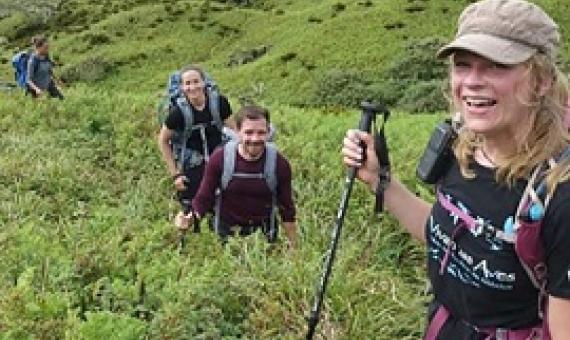
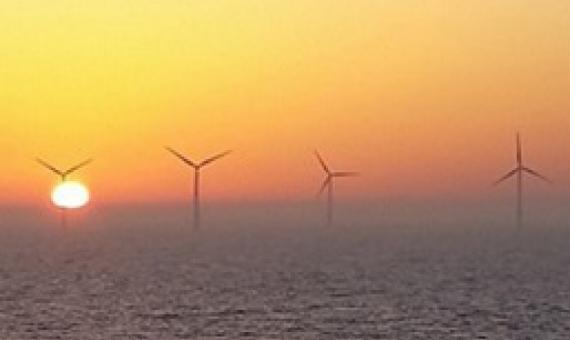
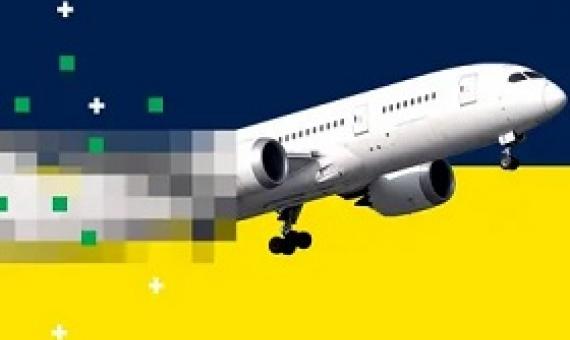
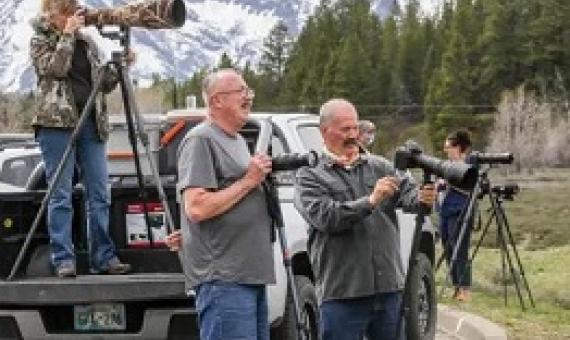
![The Blue Economy and COVID-19 Pandemic: New challenges, recovery measures and resilience [On-line]](/sites/default/files/styles/news_teaser/public/oceans_sm_2.jpg?itok=vOJmoGp5)
